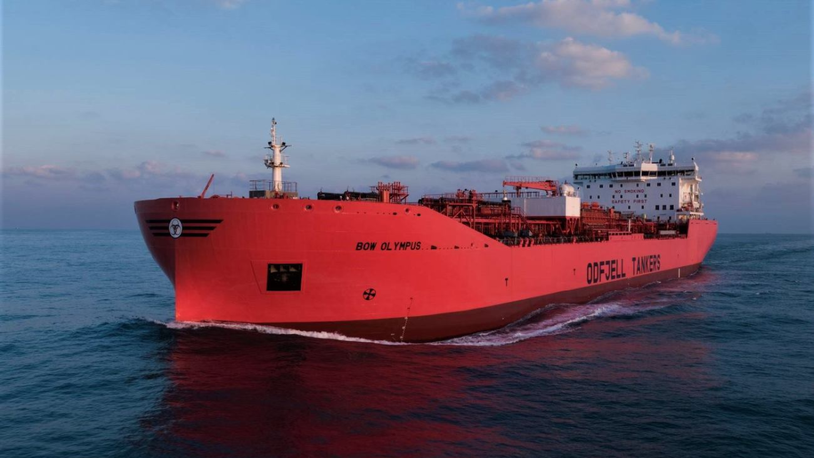1. Introduction
Beihai Port, located in Guangxi Zhuang Autonomous Region, China (21°28’N 109°06’E), is a key maritime gateway for trade with ASEAN countries under China’s Belt and Road Initiative. This guide provides comprehensive information on port disbursements and cost-control strategies for vessel operators, incorporating all official tariffs from the Beihai Port Authority and Guangxi Maritime Safety Administration regulations.
2. Official Port Charges
2.1 Port Dues
- Harbor Dues: 0.35 RMB/GT for foreign vessels, 0.25 RMB/GT for domestic vessels (Beihai Port Authority Tariff No. BHP-2023-01)
- Channel Dues: 0.10 RMB/GT for vessels using the main channel (Guangxi Navigation Channel Regulation Art.12)
- Anchorage Dues: 0.08 RMB/GT per day (for vessels waiting outside port limits)
- Port Construction Fee: 0.05 RMB/GT (State Council Decree No. 593)
2.2 Pilotage Fees
- Basic Pilotage: 0.50 RMB/GT (min 5,000 RMB, max 25,000 RMB)
- Night Surcharge: 30% additional (2200-0600, Beihai Port Notice 2022-15)
- Special Area Pilotage: 20% additional for complex berths (Tieshan Port Area, Shiwei Port Area)
- Compulsory Pilotage: Required for vessels >10,000 GT or carrying dangerous cargo (China Maritime Code Art.35)
2.3 Towage Services
- Assistance Fees: 8,000-15,000 RMB per tug depending on size (2,000-3,200 BHP)
- Standby Charge: 3,000 RMB/hour after first hour (Beihai Tugboat Company Tariff)
- Emergency Towage: 50% surcharge during typhoon warnings (Level 3 or above)
- Minimum Usage: 2 hours guaranteed for each tug engagement
2.4 Berth Charges
- General Cargo: 0.20 RMB/GT/day
- Container: 0.15 RMB/GT/day (Discount available for >500 TEU operations)
- Bulk Cargo: 0.18 RMB/GT/day (Coal/ore dedicated berths)
- Overtime Surcharge: 50% additional for operations outside 0800-1700
- Demurrage Charges: 200% of normal rate after 72 hours occupancy
2.5 Additional Mandatory Fees
- VTS Fees: 0.03 RMB/GT (Vessel Traffic Service, MSA Regulation)
- Garbage Disposal: 500-2,000 RMB depending on quantity (MARPOL compliance)
- Sewage Reception: 800-3,000 RMB (Port Reception Facilities Regulation)
- IMO 2020 Compliance Fee: 0.02 RMB/GT for sulfur monitoring
3. Agency and Administration Fees
- Ship Agency Fee: Typically 8,000-15,000 RMB per call (varies by vessel size)
- Cargo Handling Coordination: 2,000-5,000 RMB
- Customs Clearance: 3,000-6,000 RMB (including CIQ inspection coordination)
- Immigration Fees: 1,200 RMB for crew processing
- Health Inspection: 1,500 RMB (COVID-19 measures may apply additional charges)
- Port Security Charge: 0.01 RMB/GT (ISPS Code implementation)
4. Cost Control Strategies
4.1 Operational Planning
- Schedule arrivals during daylight hours (0800-1700) to avoid night surcharges
- Optimize cargo operations to minimize berth time (consider pre-stowage plans)
- Coordinate with port authorities for preferential berth allocation (priority for regular callers)
- Utilize tidal windows for deeper draft vessels (Tieshan Port has 13m tidal range)
- Pre-arrange bunkering/services to avoid standby charges
4.2 Service Selection
- Evaluate actual need for tug assistance based on vessel maneuverability (may waive for vessels <5,000 GT with adequate thrusters)
- Negotiate package deals with service providers for frequent callers (volume discounts available)
- Compare multiple agency quotes before selection (minimum 3 competitive bids recommended)
- Consider combined husbandry/agency services for cost efficiency
- Verify all mandatory vs optional services (e.g., garbage disposal timing)
4.3 Documentation Efficiency
- Ensure all documents are complete to avoid delays (pre-arrival checklist available from port authority)
- Pre-submit customs declarations through China’s Single Window system
- Maintain good compliance record to reduce inspection frequency (AEO certification benefits)
- Electronic submission of crew lists/manifests 24h prior arrival
- Centralize document processing through appointed agents
4.4 Seasonal Considerations
- Monitor typhoon season (July-September) for potential delays (typhoon surcharges may apply)
- Utilize off-peak periods (February-April) for better rates (up to 15% discount offered)
- Note Chinese public holidays (Spring Festival, National Day) when labor costs increase
- Winter monsoon season (November-March) may affect bulk operations
4.5 Bunker and Provisions
- Compare bunker prices at Beihai vs nearby ports (often competitive with Hong Kong)
- Minimum bunker order quantity: 50MT for IFO, 20MT for MGO
- Freshwater supply: 150 RMB/ton (advance notice required)
- Provisioning available through approved suppliers only






